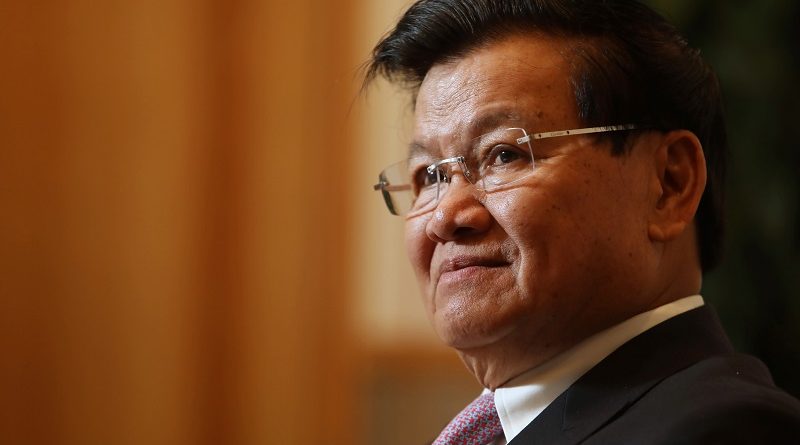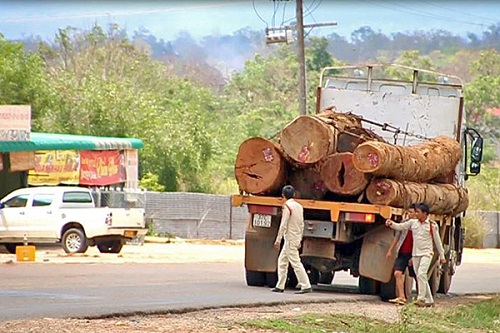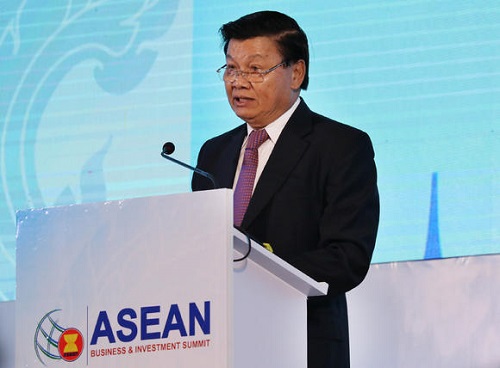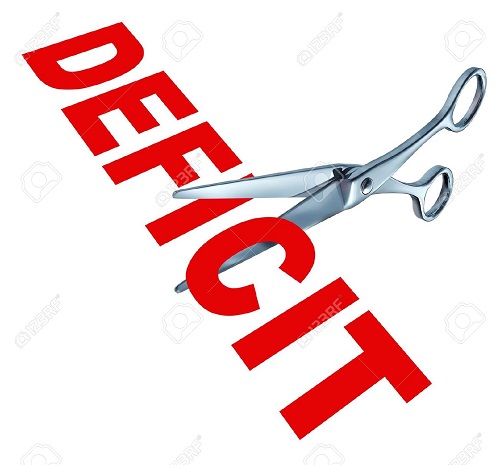Laos Can ‘Manage’ Debt To China, PM Insists
Source: Nikkei Asian Review
Laos borrows from China and other countries only for projects that are both necessary and economically viable, the country’s prime minister said on Friday, pushing back against international warnings about his government’s debt to Asia’s emerging superpower.
“If we don’t borrow, Laos, as a least-developed country, won’t develop further,” Prime Minister Thongloun Sisoulith told the Nikkei Asian Review in an interview on the sidelines of Nikkei’s Future of Asia conference in Tokyo.
A key focus of concern is an ambitious railway project.
Laos signed a memorandum of understanding with China and Thailand in April on building a stretch of track between Nong Khai in northeastern Thailand and the Laotian capital of Vientiane — part of China’s Belt and Road Initiative. Once connected with existing line construction, the railway would link China and Thailand, passing through Laos.
The Laotian government holds only 30% of a joint company set up with China to build and operate the railway, while China owns the rest, according to Thongloun.
The government has “its own measures to manage the debt and ensure balance in the public debt sector,” Thongloun said, insisting Laos sticks to “high-efficiency projects which are long-term, with low interest rates.”
“The observers who have concern for Laos in terms of debt repayment … may not have enough or sufficient information on how the government assesses those projects,” he continued.
Yet some see the railway as a serious risk. In March 2018, the U.S.-based Center for Global Development warned about Laos’ dependence on China, listing the Southeast Asian nation among eight countries with the highest ratios of debt to China out of 68 countries funded under the Belt and Road.
The think tank noted that the $6 billion cost of the China-Laos railway represents almost half of Laotian gross domestic product. The International Monetary Fund warned the project “might threaten [Laos’] ability to service its debts.”
Thongloun also touched on the deadly flooding caused by the collapse of a dam at the Xe Pian Xe Namnoy hydroelectric project last July. He said it was a “technical error,” including construction issues, echoing an international expert panel’s investigation of the accident.
“We need to make sure from now on that hydropower projects are in compliance with international standards,” he said, adding that the government has instructed relevant authorities to ensure new and existing projects, as well as dams that are already in operation, meet sufficient safety and technical standards.
Earlier, in a speech to the Future of Asia audience, Thongloun mentioned China’s Belt and Road as a valuable new mechanism for international cooperation.
Asia, the prime minister said, is devising new ways for countries to work together as the region takes a bigger role on the world stage, suggesting cooperation is crucial amid persistent U.S.-China tensions and a shifting global power balance.
Thongloun told the conference — where “seeking a new global order” is the main theme this year — that Asian countries have been “the initiators of new cooperation mechanisms that are all-encompassing and comprehensive.”
Another example he gave was the Regional Comprehensive Economic Partnership — a proposed free trade framework involving the Association of Southeast Asian Nations, China, Japan, South Korea, India, Australia and New Zealand.
He said ASEAN, a 10-member bloc that includes Laos, is committed to accelerating the RCEP negotiations, pushing for a deal “as soon as possible” in order to promote regional economic integration, trade and investment. This, he stressed, would help narrow development gaps between countries.
The prime minister said such international projects are “important factors in the process of building a new world order.”
As for how that order should take shape, he argued: “Any world order should be determined on the basis of participation of all countries. Careful deliberation and considerations by all parties are crucial.”
Through cooperation, Thongloun said, countries will be able to “overcome complex situations” and “handle the challenges” they now face.





